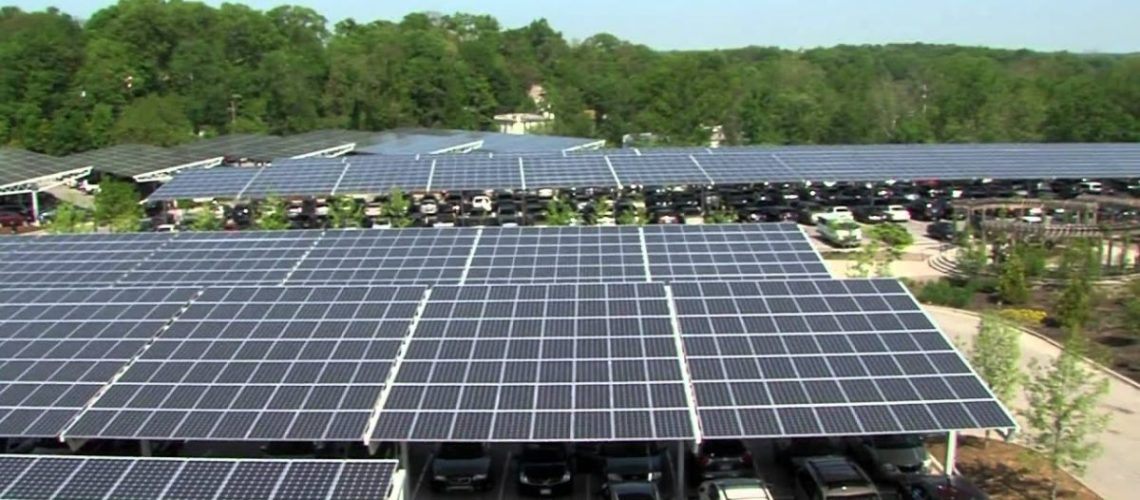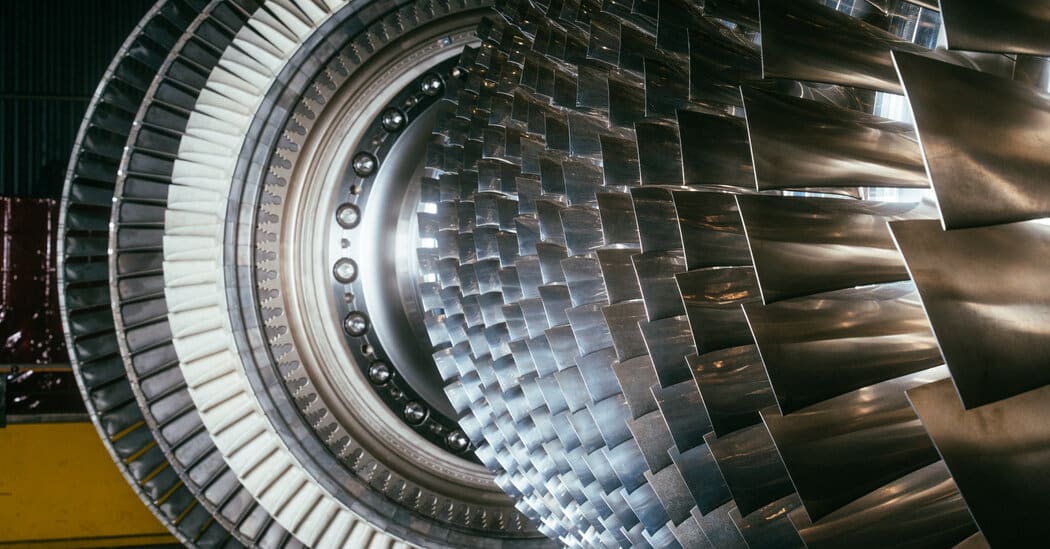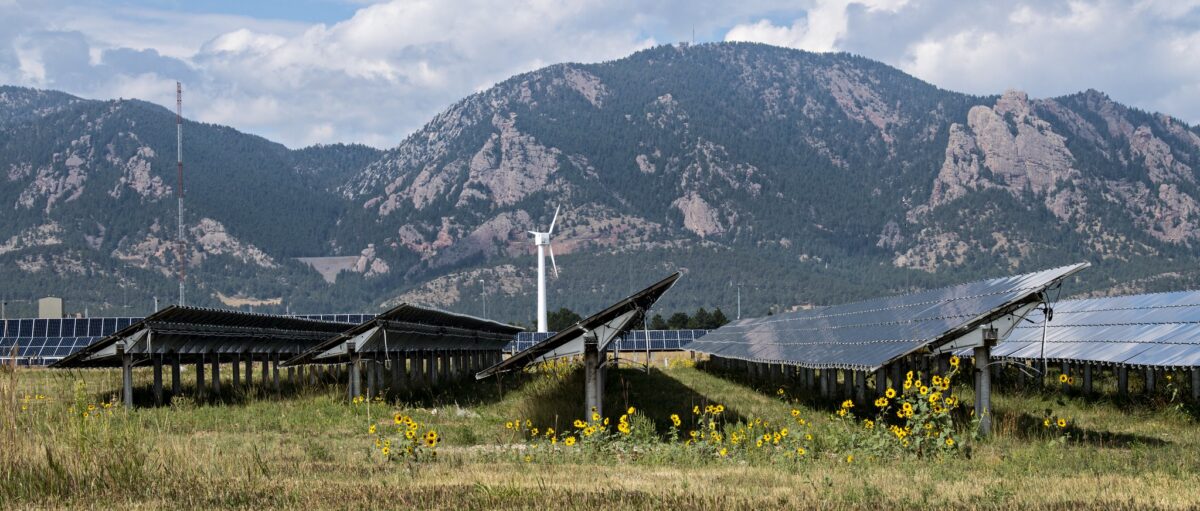A 28 MW solar array with battery storage to be installed at the Zoo’s Bowyer Farm will move the Zoo from net zero to net positive.
The Cincinnati Zoo and Botanical Garden first opened in 1875, making it the second oldest zoo in the country. And soon it may be one of the most environmentally friendly.
Back in 2011 the Zoo installed a 1.56 MW solar array over its main parking lot, and now it’s preparing the installation of a microgrid with a 28 MW solar array with battery storage. The Zoo is on track to meet its goal to being the first zoo with net-zero energy, waste and water status.
The 28 MW solar array will be erected at the Zoo’s Bowyer Farm and will move the Zoo from net zero to net positive. The project was initially developed by Melink Solar Development and Soltage, LLC and is owned by Harrison Street, an investment management firms exclusively focused on alternative real assets. Inovateous Solar, headquartered in South Bend, Indiana, was awarded the EPC contract.
“The Cincinnati Zoo & Botanical Garden has been working behind the scenes for over a decade to be able to leverage a portion of our farm property for a significant solar array. We are excited to finally see this dream come to fruition, furthering our commitment to clean, renewable energy. This project is a win for our community, our partners, and our environment,” said Mark Fisher, vice president at Cincinnati Zoo & Botanical Garden.
The project will use 52,000 VSUN 540W bifacial panels, Solectria inverters, and FTC tracking systems. It is expected to bring 100 jobs to the area during the 12 to 14-month construction timeframe.
“The Cincinnati Zoo project, like our projects at the University of Illinois and Michigan State University, fits nicely into our strategic objective to help cities and universities transition to sustainable power,” said Timothy Sutherland, the executive chairman of Inovateus Solar. “The Cincinnati Zoo touches so many young people and provides a fantastic opportunity to integrate the message of protecting animal habitats and our greater habituate for humanity.”






